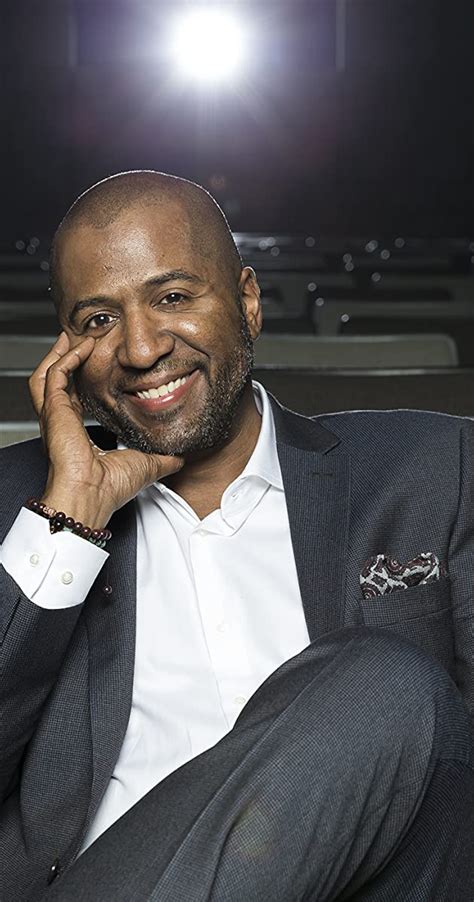A Quote by Malcolm Muggeridge
One of the peculiar sins of the twentieth century which we've developed to a very high level is the sin of credulity. It has been said that when human beings stop believing in God they believe in nothing. The truth is much worse: they believe in anything.
Related Quotes
All errors are just ordinary, what extraordinary sin can you commit? All the sins have been committed already. You cannot find a new sin - it is very difficult, it is almost impossible to be original about sin. For millions of years people have committed everything that can be committed. To be thrown in hell for your sins. Now this is too much! you can throw a man into hell for five years, ten years, twenty years, fifty years. If a man has lived for seventy years you can throw him there for seventy years.and that is if you only believe in one life. It is good that they believe in one life.
I believe that New Orleans had a level of sin that was offensive to God, that there was to be a homosexual parade on the Monday that the Katrina came, and the promise of that parade was that it was going to reach a level of sexuality never demonstrated before in any of the other Gay Pride parades. So I believe that the judgment of God is a very real thing, and I believe that the Hurricane Katrina was, in fact, the judgment of God against the city of New Orleans.
I believed in belief, for its own shining sake. To believe in the face of utter hopelessness, every article of evidence to the contrary, to ignore apparent catastrophe - what other choice was there? We do it every day, I realized. We are so much stronger than we imagine, and belief is one of the most valiant and long-lived human characteristics. To believe, when all along we humans know that nothing can cure the briefness of this life, that there is no remedy for our basic mortality, that is a form of bravery. To continue believing in yourself, believing in the doctors, believing in thetreatent, believing in whatever I chose to believe in, that was the most important thing.
Sin is what you do when your heart is not satisfied with God. No one sins out of duty. We sin because it holds out some promise of happiness. That promise enslaves us until we believe that God is more to be desired than life itself (Psalm 63:3). Which means that the power of sin's promise is broken by the power of God's.
The greatest achievements in the science of this [twentieth] century are themselves the sources of more puzzlement than human beings have ever experienced. Indeed, it is likely that the twentieth century will be looked back at as the time when science provided the first close glimpse of the profundity of human ignorance. We have not reached solutions; we have only begun to discover how to ask questions.
If, in the case of the worst sinners and those who formerly sinned much against God, when afterwards they believe, the remission of their sins is granted and no one is held back from baptism and grace, how much more, then, should an infant not be held back, who, having but recently been born, has done no sin, except that, born of the flesh according to Adam, he has contracted the contagion of that old death from his first being born. For this very reason does he [an infant] approach more easily to receive the remission of sins: because the sins forgiven him are not his own but those of another
I have a very difficult time believing that there is some being who is going to invite me into heaven or not on the basis of whether I wear a yarmulke or whether I have been sprinkled with water while someone said something. Some of the ritual is very beautiful, but I find it difficult to believe that it really has to do with God. I believe that dogma comes from man.
Believe nothing just because a so-called wise person said it. Believe nothing just because a belief is generally held. Believe nothing just because it is said in ancient books. Believe nothing just because it is said to be of divine origin. Believe nothing just because someone else believes it. Believe only what you yourself test and judge to be true.
The recently ended twentieth century was characterized by a level of human rights violations unparalleled in all of human history. In his book Death by Government, Rudolph Rummel estimates some 170 million government-caused deaths in the twentieth century. The historical evidence appears to indicate that, rather than protecting life, liberty, and the pursuit of happiness of their citizens, governments must be considered the greatest threat to human security.
































